tascha rated Pregnant butch: 5 stars
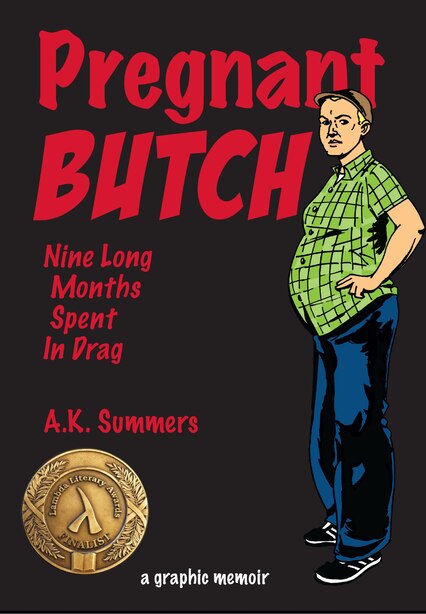
Pregnant butch by A. K. Summers
First pregnancy can be a fraught, uncomfortable experience for any woman, but for resolutely butch lesbian Teek Thomasson, it is …
This link opens in a pop-up window

First pregnancy can be a fraught, uncomfortable experience for any woman, but for resolutely butch lesbian Teek Thomasson, it is …
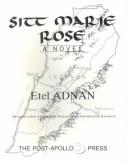
Translated from the French by Georgina Kleege, Sitt Marie Rose, is the story of a woman abducted by militiamen during …
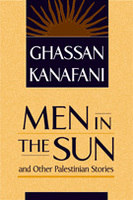
Men in the Sun (Arabic: رجال في الشمس, romanized: Rijāl fī al-Shams) is a novel by Palestinian writer and political …
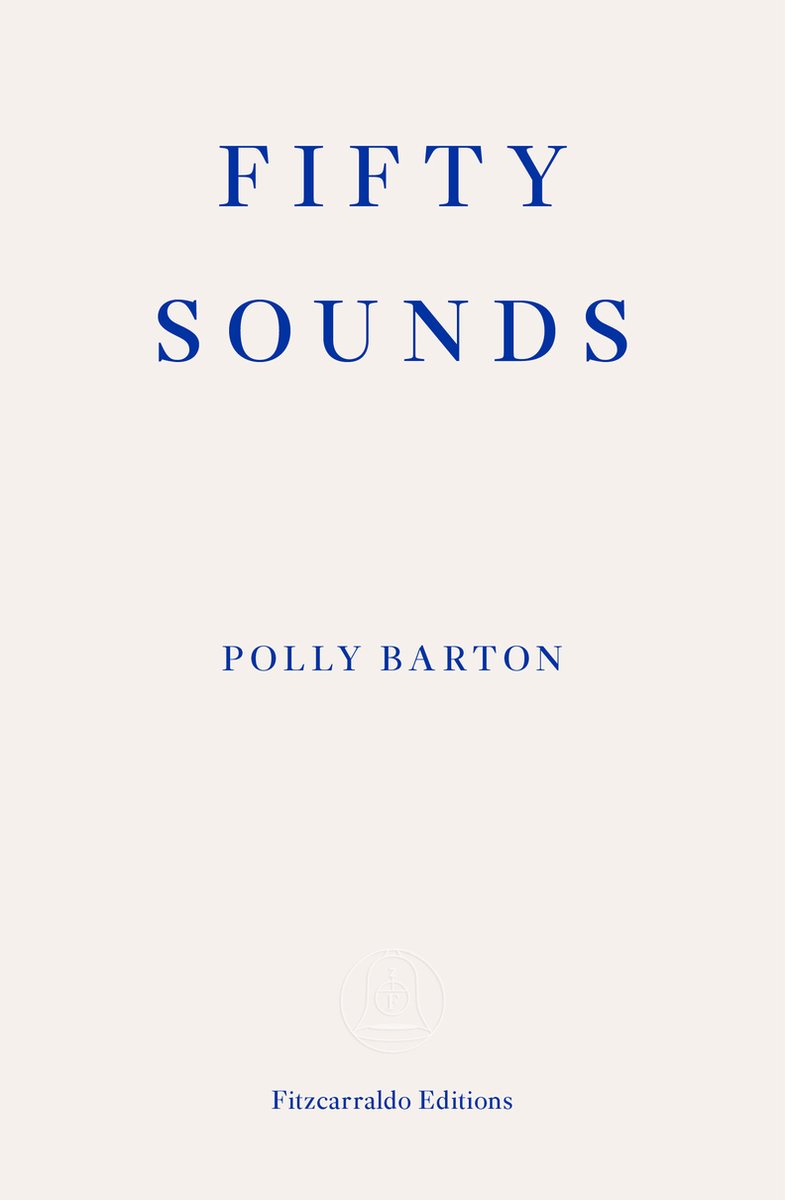
Fifty Sounds is a personal dictionary of the Japanese language, recounting her life as an outsider in Japan. Irreverent, humane, …
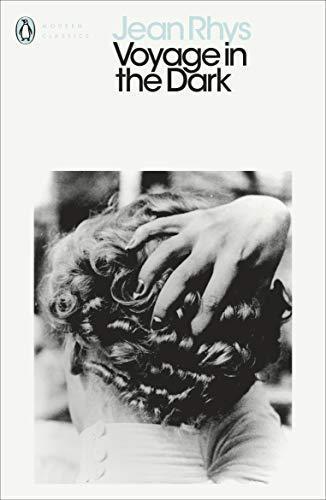
Voyage in the Dark was written in 1934 by Jean Rhys. It tells of the semi-tragic descent of its young …
@valecrrr my only complaint about this review is that it does not convincingly make the case for this book to receive any less than five stars
Content warning big spoiler about ending! don't read unless you've read!
Sexual tension? Through the roof, I was GRIPPED.
Historical fiction for people who think they don’t like historical fiction? Yes, indeed! If you, too, suspect you'll never make it through Wolf Hall, this is the historical-ish fiction for you.
Also: a WW2 detail I had no clue about and now cannot stop thinking about as I cycle through the centre of Amsterdam by night and see all the perfect multi-million euro townhouses lit up so cozily. My god, I used to think there was no way anyone could ever live in those unless they’d inherited them, but turns out there’s an even bleaker option.
Also: the language! I really liked how Dutch it sounded. I would guess it had been translated, but I mean that as a compliment. More books should be written with the ghost of the syntax of the language they’re supposed to be happening in.
Giant spoiler, but I do not buy the ending. I loved the twist and did not see it coming (unlike basically everyone else, but whatever). But!!! If the story was going to continue past the revelation, I wish it had explored the messed-up power dynamic more. First of all, it’s a little too neat that Isabel’s brothers were both like “sure, no problem, put our inheritance in Isabel’s name, makes sense”. Second of all, even if we accept this generosity on the part of two men in the 1960s … is Isabel planning to add Eva to those title deeds??? Because a love declaration simply is not guarantee enough; Eva, of all people, must know that. And Isabel was very nasty in the beginning! Are we truly to believe that being sexually awakened … fixed her? I would read a sequel that got into the weeds of this.
Finally, I wish this book came with a note -- or maybe just that there was some conversation around it? -- about house appropriations having happened and still happening almost every single fucking day in Palestine. Not to diminish how terrible it is that they happened in the Netherlands, but to emphasize how terrible they are and how they continue as part of the same story. The parallels seem simply too huge and heartbreaking to ignore.
Content warning mild spoiler re: happy v. sad ending
I recommend this book if you're in the mood for loads of adverbs. This was a main reason for my impulse buy, and it really delivered. Full marks for long sentences with loads of texture.
Another main reason was that the blurb says it’s about Helga Crane, a mixed-race woman (Danish/West Indian) “search[ing] for a sense of belonging and acceptance” in the American Deep South, Harlem and Copenhagen in the 1920s. Very intriguing, right? I’ve never read a book about a Black person in Scandinavia in the 1920s, let alone a book that compares a Black experience there to one in the United States.
For about 80% of the book, I thought I'd recommend it if you're looking to feel buoyed by a character who listens to her gut and makes dramatic decisions that go against all financial/social reason but somehow work out (e.g. quitting her stable job in the first chapter just because she hates it, without any plan for what comes after). I didn’t expect so many fortuitous things to happen to a lonely, orphaned Black person of that era! I was thrilled. Alas, I ignored the title. The title is so good. I’m worried telling you this will ruin its effect, though. Now you’ll be constantly questioning where the quicksand comes into it. Then again, maybe you would have done that anyway.
I am aware that I am both telling you nothing about this book and also telling you too much. I really like the pacing, is one thing I’m saying.
At first, the reading made me feel uncomfortably pro-caution, even though the character kept showing me that her instincts were GREAT and she would be fine. I found myself worrying about her vanishing youth and therefore social currency and thinking, god, she has it all right now, but she needs to LOCK IT DOWN (i.e. get married, the middle of this book made me feel uncomfortably pro-marriage, I’m so sorry Helga). Then … well, if you’ve read the book, tell me: is the moral of the story that repressed desire will mess you up? Her instincts are perfect until she is completely mad with thwarted longing, and then it’s all over.
(I read Nella Larsen’s Wikipedia entry in a panic afterwards, because the blurb says the book is semi-autobiographical, but thank god the ending is not her exact life.)